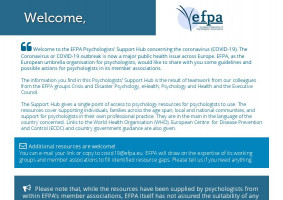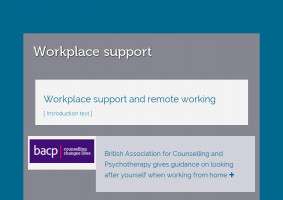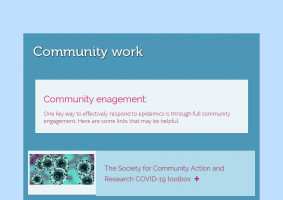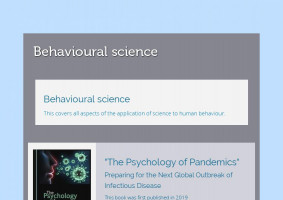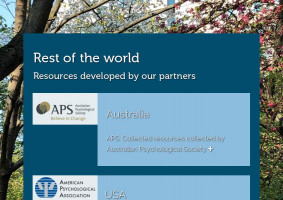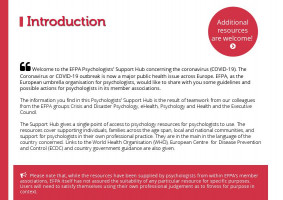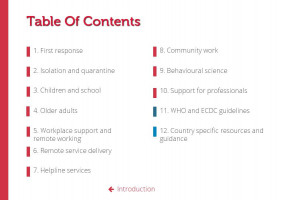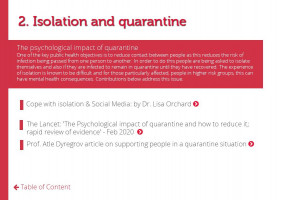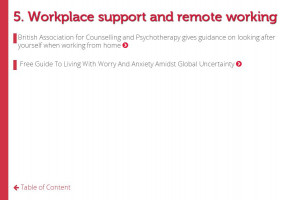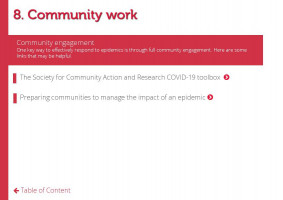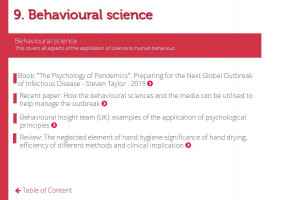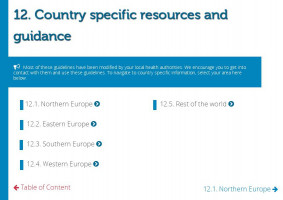
Portugal

Our partners at the congress
Presidential Addresses in pop-up
International Psychology: the importance of national and regional partnerships
As the global body for psychology, the International Union of Psychological Science is committed to world-wide representation and application of psychological science; the involvement of psychologists from all geographic regions is central to this aim. I will briefly outline three areas where a global view of psychology is needed:
- the application of psychological measures developed in one context to research in other geographic areas, where language, culture and social context may differ from that where the original measures were developed;
- the involvement of local researchers as partners in areas where theories of psychology largely developed from a Euromerican position are applied;
- ways that mutual respect and positive interdependence can ensure that psychology is at the forefront of international and local policy making where decisions on human behaviour are involved.
Applied Psychology during the Past Hundred Years
As the President of the International Association of Applied Psychology (IAAP), I will look at the origin of applied psychology from a historical perspective. In this perspective, during the First International Congress of Physiological Psychology, which took place in 1889 in Paris, two contrasted approach emerged: for some of the participants (e.g. Wundt), psychology was a pure experimental science detached from any practical concerns, while others (e.g. Münsterberg) were convinced that psychology should be useful, as one could apply psychological principles to practical concerns.
IAAP was officially founded in 1920, in Geneva, as the first international academic society within the field of psychology. It was initially named in French ‘Association Internationale de Psychotechnique’, and some 30 years later, it became the ‘International Association of Applied psychology which is our name today. According to Clifford B. Frisby, the first non French-speaking President of the association (1953-1958), what appeared to be most important was that “the original members were interested in the practical application of psychological principles and methods to the situations of real life.” He completed by stating that: “basic and applied research... may well go hand in hand, but they can quite easily be prosecuted separately. Nor is it necessarily the case that applied research must wait upon basic research, since it is sometimes the study of applied problems which permits the formulation of a fundamental problem for separate attack” (Frisby, quoted in Gundlach, 1998, XIII, p. 711).
For us, applied psychology is using psychological methods and findings based on results emerging from scientific psychology in order to solve concrete practical problems of human behavior. Or, as Nugent wrote in 2013, “a person studying applied psychology would likely be interested in putting theoretical concepts of psychology into practical use”.
In fact, within the field of applied psychology, some studies start from a real life situation and develop a new theory in order to provide solutions to improve that situation, while others begin with a theoretical approach in order to deal with a practical concrete problem that needs to be improved. During the presentation, I will give examples of studies.
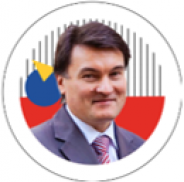
Yury Zinchenko
Doctor of Psychology, Professor. He is a Dean of Faculty of Psychology at Lomonosov Moscow State University, President of Russian Psychological Society, President of Russian Academy of Education, Chief Medical Psychologist at Russian Ministry of Health.
His field of scientific interests include: Clinical Psychology and Methodology of Psychology.
Neuropsychological approach to rehabilitation in Russia: Traditions and Perspectives
The last few decades have seen a rapid development of scientific research and practice of rehabilitation work, based on theoretical and methodological development of the framework for studying the rehabilitation process. At the same time, the legal and regulatory framework for rehabilitation is changing, as reflected in the adoption of a number of international resolutions, conventions and definitions corresponding thereto, as well as in the establishment of innovative classifications based on the social model of health and disability and characterizing human life and activities. As such, the World Health Organization (WHO) has developed and adopted the International Classification of Functioning, Disability and Health (ICF, 2001), in accordance with which the planning and efficiency assessment of rehabilitation measures is carried out today.
The presentation will be discussing the Russian psychological heritage and key issues in the current sate of affairs in rehabilitation process which have been or can be successfully adopted worldwide.
EuroPsy Events
Schedule in pop-up
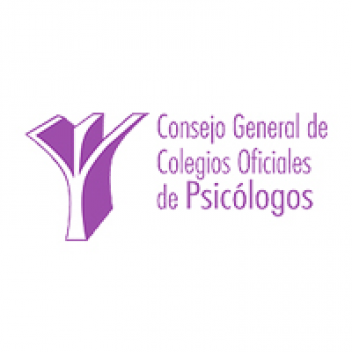

(1)_w184_h184_1.png)

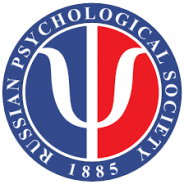
_w1278_h322_1.jpg)
_w1278_h476_1.jpg)


